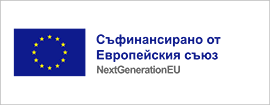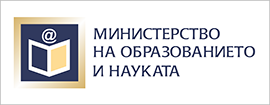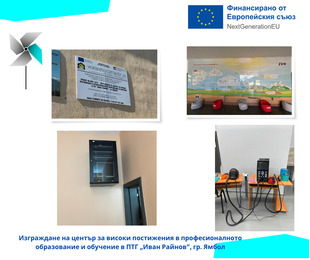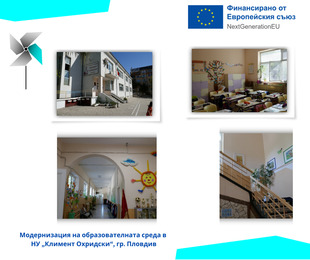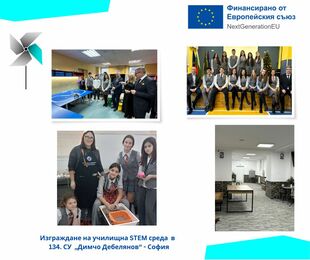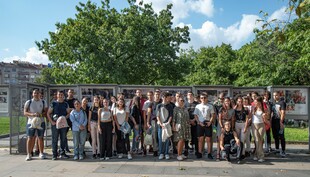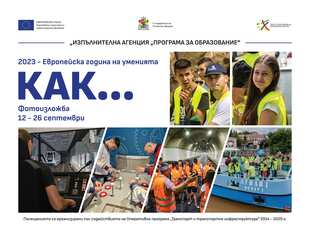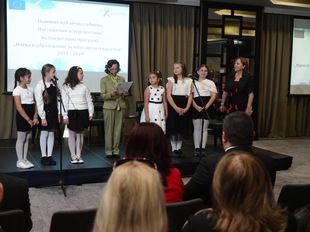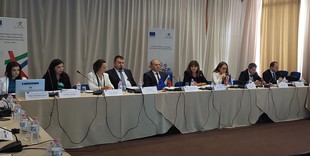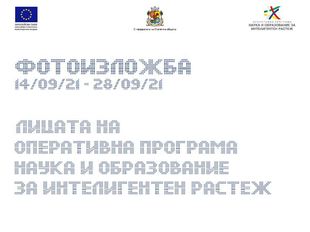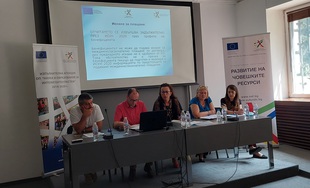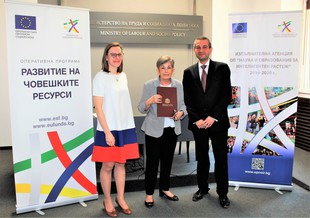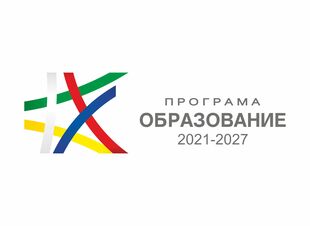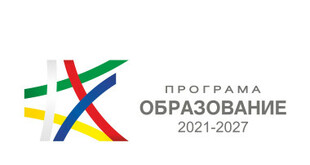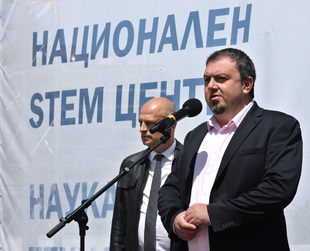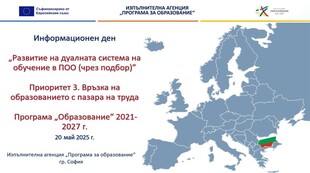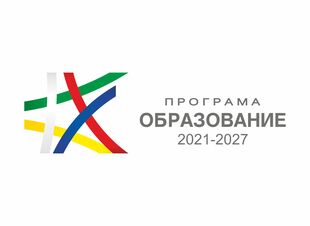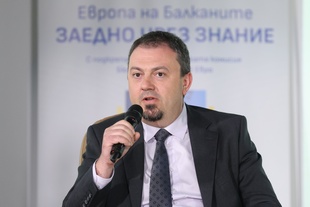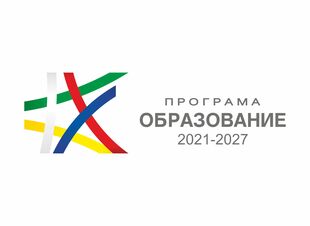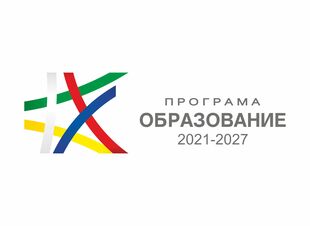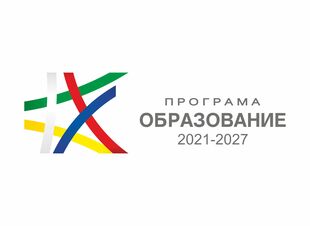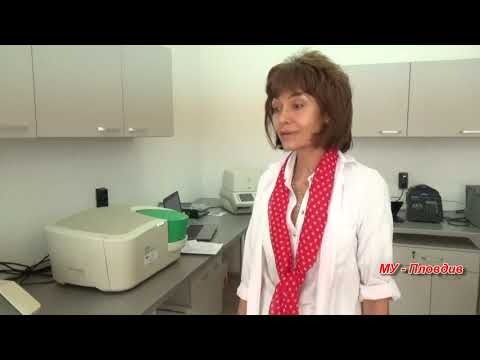The Executive Agency “Programme Education” acts as a Managing Authority of the Operational Programme “Science and Education for Smart Growth” 2014-2020 and Programme “Education” 2021 – 2027. In this capacity, the agency is responsible for the overall programming, management and implementation of the programmes in accordance with the principle of sound financial management and all obligations under national and European Union law arising therefrom.
The Executive Agency was established on 1 November 2017 by Decree No. 237 of the Council of Ministers, promulgated in the State Gazette No. 86, dated 27.10.2017. As of 16 August 2021 the name of the agency was Executive Agency "Operational Programme Science and Education for Smart Growth", and with Decree № 274 of the Council of Ministers of 09 August 2021 (promulgated in the State Gazette No. 67 of 13 August 2021, effective from 17 August 2021), it was renamed to Executive Agency "Programme Education".
The Executive Agency is a second-level budget spending unit to the Ministry of Education and Science and is structured in six directorates with territorial units to one of them in 11 regional cities.
Operational Programme “Science and Education for Smart Growth” (OP SESG) 2014-2020 supports the reform in the pre-school and school education, as well as in the higher education, in particular by improving the correspondence between their results and the needs in the labor market and by enhancing the cooperation between education, research institutes and business. Through implementation of the measures of the OP SESG, the Executive Agency aims to reach two main objectives that are directly linked to the European Union's strategy for smart, sustainable and inclusive growth and economic, social and territorial cohesion:
• To be among the key instruments for achieving the objectives adopted by the Republic of Bulgaria in the framework of the Europe 2020 Strategy:
- Increasing investment in science and research up to 1.5%;
- Reducing the rate of early school leavers to below 11%;
- Raising the rate of higher education graduates to 36% of people of the age 30 - 34;
• To serve as an effective tool for implementing cohesion policies according to the agenda at national and Community level.
The resources of OP SESG are concentrated in several thematic areas so that significant progress can be achieved in the systems of science and education at national level:
A. Capacity building for research and development (R&D) in the priority areas of the Innovation Strategy for Smart Specialization (IS3): increasing investment in R&D with a focus on cutting edge science in RIS3 priority areas (Mechatronics and clean technologies, Informatics and ICT, Healthy Life and Biotechnology Industry, New technologies in the creative and recreational industries); internationalization of research as well as attracting and retaining specialists in the field of research and high technology.
B. Supporting the higher education system: improving the quality of education and strengthening the links with the labor market; matching educational results with the needs of the labor market; introducing new forms of teaching, developing integrated and business-oriented programmes; specialized programmes to improve methodological and managerial competences in higher education; widening the range of users of the educational service (acquiring higher education) by supporting undergraduates with two types of scholarships - to develop professionals in priority areas aimed at solving problems in the labor market and to widen access to higher education.
C. Developing school education, training, lifelong learning: ensuring sustainability of good practices and boosting the reform to promote “inclusive education”, tailored to the individual needs of as many children as possible; adaptation of education to the labor market through provision of additional training for low-skilled people who have dropped out of the education system at its low levels and in the early stages of their life; sustainability measures and building on good practices for qualitative change in the capacity of teaching staff.
The Programme „Education“ 2021-2027 is one of the main tools for implementation of Priority 1 "Education and Skills" of the National Development Programme Bulgaria 2030, as well as the strategic goals set in the Strategic Framework for Development of Education, Training and Learning in the Republic of Bulgaria (2021-2030) and the Strategy for Development of Higher Education in the Republic of Bulgaria for the period 2021-2030. The Programme will support achievement of the goals through a set of activities aimed at:
A. Promoting equal access of all children and students to quality and inclusive education with a focus on vulnerable groups in order to reduce early school leaving;
B. Widening the digital educational content, increasing the digital competence and skills of pedagogical specialists, students and parents as well as effective implementation of the competency model in the school education;
C. Encouraging introduction of innovative curricula and learning content and supporting development of students' talents, especially in the remote regions of the country;
D. Improving the links of education with the labour market through development of vocational education and training as well as introduction of dual education in applicable specialties of higher education; enhancing entrepreneurial skills of the students and student practices;
E. Modernizing and digitalizing bachelor's and master's programmes and developing PHD programmes and project studies related to the needs of the labor market.




